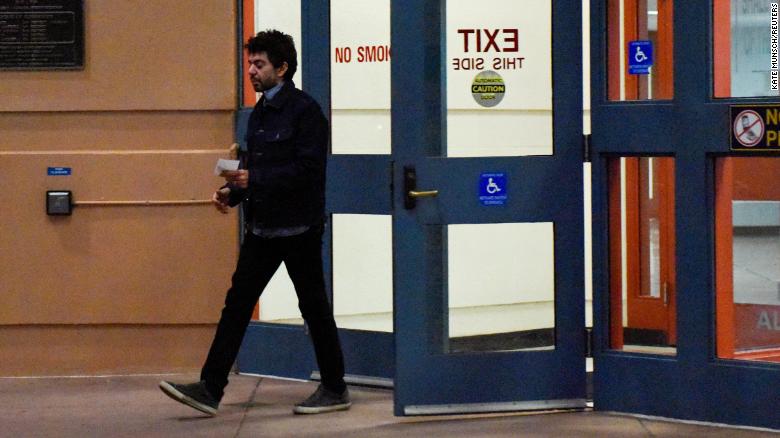
A former Twitter manager accused of spying for Saudi Arabia was convicted on Tuesday on six criminal counts, including acting as an agent for the country and trying to disguise a payment from an official tied to Saudi’s royal family.
Ahmad Abouammo, a dual US-Lebanese citizen who at Twitter helped oversee relationships with journalists and celebrities in the Middle East and North Africa, was found guilty after a 2-1/2 week trial in San Francisco federal court.
Jurors acquitted him on five of the 11 counts he faced.
Federal public defenders representing Abouammo did not immediately respond to requests for comment. Twitter (TWTR) declined to comment.
Prosecutors said Bader Al-Asaker, a close adviser to Saudi Arabia’s Crown Prince Mohammed bin Salman, recruited Abouammo to use his insider knowledge to access Twitter accounts and dig up personal information about Saudi dissidents.
Those accounts allegedly included @mujtahidd, a pseudonym for a political agitator who gained millions of Twitter followers in the Arab Spring uprisings by accusing the Saudi royal family of corruption and other misdeeds.
Prosecutors said Abouammo received at least $300,000 and a $20,000 luxury watch from Al-Asaker, and concealed the money by depositing it in a relative’s account in Lebanon and having it wired to his own account in the United States.
Defense lawyers argued that the work Abouammo did at Twitter was simply part of his job.
Abouammo was also convicted of wire fraud and honest services fraud, money laundering and a conspiracy charge.
“The government demonstrated, and the jury found, that Abouammo violated a sacred trust to keep private personal information from Twitter’s customers and sold private customer information to a foreign government,” US Attorney Stephanie Hinds in San Francisco said in a statement.
Ali Alzabarah, a former colleague of Abouammo also accused of accessing Twitter accounts on behalf of Saudi Arabia, left the United States before being charged. Al-Asaker, Saudi’s crown prince and Twitter are not among the defendants.




